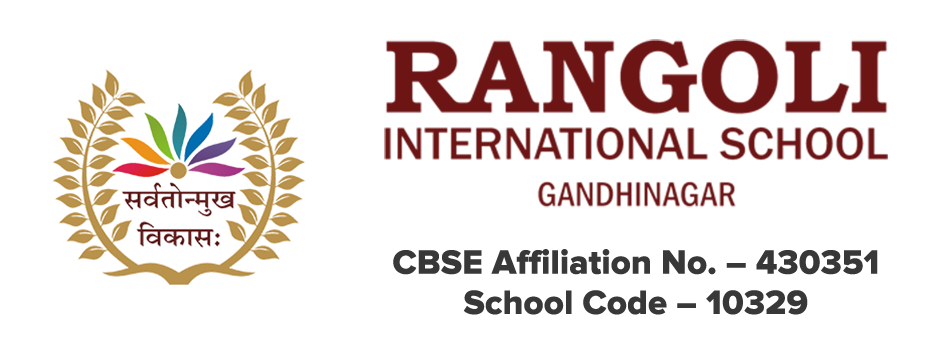Experiential Learning
Experiential learning describes the ideal process of learning, invites you to understand yourself as a learner, and empowers you to take charge of your own learning and development.
The way you learn is the way you approach life in general. It is also the way you solve problems, make decisions, and meet life’s challenges. Learning occurs in any setting and continues throughout your life. The experiential learning process supports performance improvement, learning and development.
The experiential learning cycle is a four-step learning process that is applied multiple times in every interaction and experience: Experience – Reflect – Think – Act.
It’s a learning process initiated by a concrete experience, which demands reflection, review and perspective-taking about the experience; then abstract thinking to reach conclusions and conceptualize the meaning of the experience; leading to a decision to act, engaging in active experimentation or trying out what you’ve learned.
This cycle is so natural and organic that people engage in it without being aware that they are learning. It happens almost effortlessly all the time and is constantly transforming our lives. Most people have preferences for the way they use this learning cycle, focusing on some modes more than others.
Experiential learning is the process of learning by doing. What we learn in classroom and what actually happens in real world is always different. When classroom learning happens along with hands- on experience with real life situations definitely gives more meaning and value to what we are learning. Students of RIS were given the opportunities to go on ground and learn from the society and real life. Students voluntarily participate in this wonderful module to go and learn at various places which include vegetable market, stationary shops, cloth shops, super markets, restaurants, Gurudwaras, wherein they give their services and at the same time, learning to deal with the real life situations like customer handling, appropriate communications, relevant transactions, physical work etc. What they come back with them is rich hands on experience and a strong sense of dignity of labour and satisfaction.
